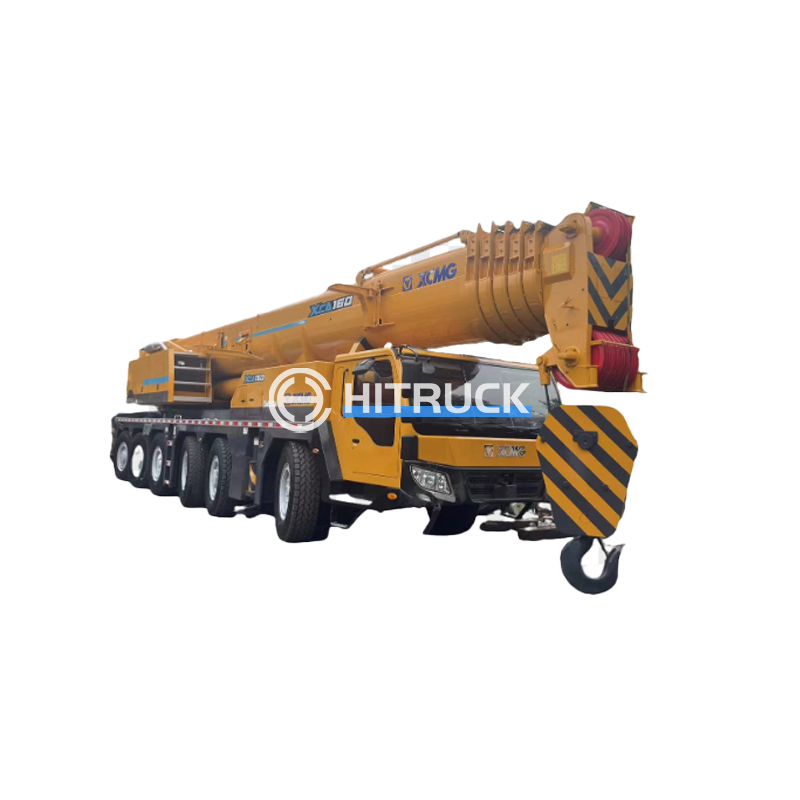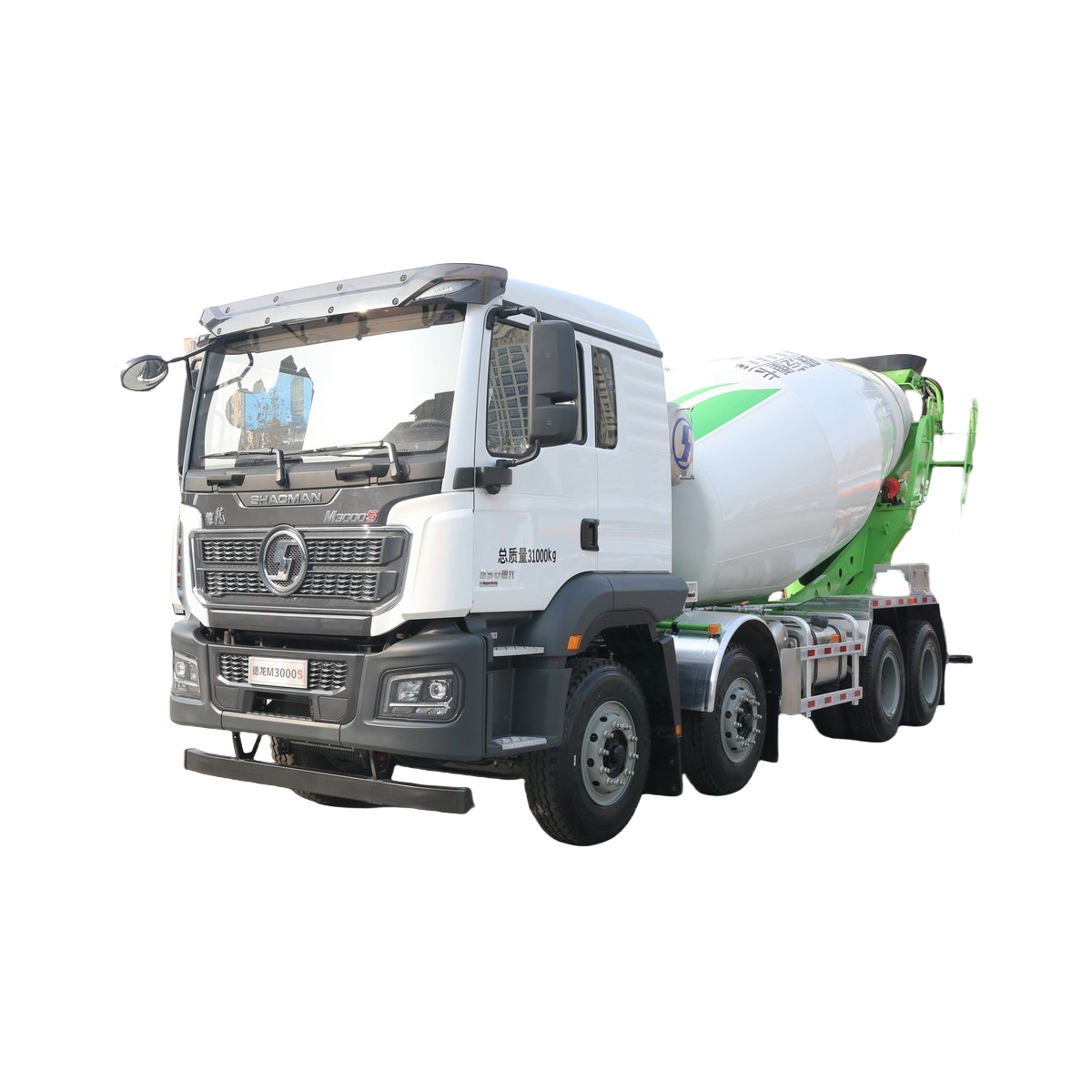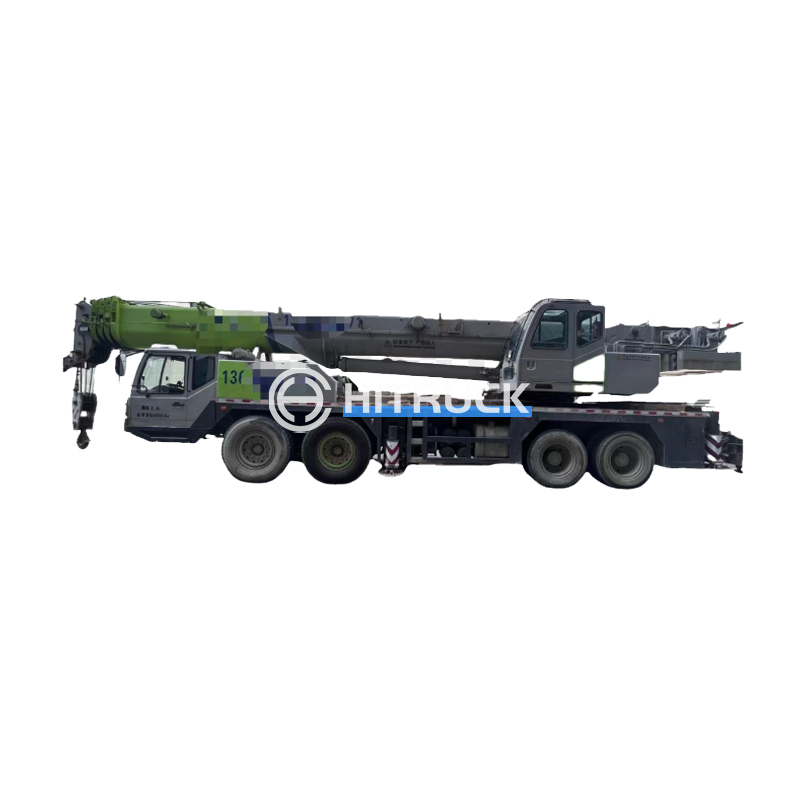This comprehensive guide explores the ins and outs of establishing and thriving in the reefer truck business. Learn about operational costs, regulatory compliance, finding reliable clients, and effective management strategies for long-term success.
The reefer truck business caters to the ever-growing demand for temperature-controlled transportation of perishable goods. Factors influencing market demand include the rise of e-commerce, expanding global trade, and increasing consumer preference for fresh produce and other temperature-sensitive products. Understanding these trends is crucial for identifying profitable niches within the industry.
There are various ways to operate a reefer truck business. You can choose to be an owner-operator, managing your own truck and routes; partner with a larger trucking company as a subcontractor; or build a fleet of trucks and hire drivers. Each option has unique financial implications and operational challenges.
A solid business plan is paramount. This includes market analysis, financial projections (including operational costs like fuel, maintenance, insurance, and driver salaries), and a clear route to profitability. Furthermore, securing the necessary licenses, permits, and insurance is vital for legal compliance. Familiarize yourself with FMCSA regulations and DOT requirements.
Purchasing or leasing reefer trucks is a significant investment. Consider factors like truck age, fuel efficiency, and maintenance costs. Regular maintenance is crucial to minimizing downtime and maximizing profitability. Explore financing options available to entrepreneurs in the transportation sector.
Developing strong relationships with shippers and brokers is crucial. Networking, online platforms, and direct outreach are effective strategies. Understanding freight rates, contract negotiations, and optimizing routes for efficient delivery are key to profitability. Building a reputation for reliable and timely service is essential for long-term success. Consider specializing in a particular niche, such as transporting specific types of perishable goods to target certain markets.
Effective route planning, driver management, and fuel efficiency are key to operational success. Implementing efficient tracking and communication systems is crucial for monitoring performance and addressing potential issues. Maintain accurate financial records, including income and expenses, to track profitability and make informed business decisions. Explore transportation management systems (TMS) to streamline operations.
Strict adherence to Federal Motor Carrier Safety Administration (FMCSA) regulations and Department of Transportation (DOT) requirements is non-negotiable. This includes driver hours of service, vehicle maintenance, and safety protocols. Non-compliance can lead to severe penalties and operational disruption. Investing in driver training and regularly reviewing regulations is crucial.
Several resources can help you succeed in the reefer truck business. These include industry associations, online freight marketplaces (like Hitruckmall), and transportation management systems (TMS). Leveraging these tools can significantly improve efficiency and profitability.
Starting a reefer truck business requires meticulous planning, diligent execution, and a keen understanding of the industry. By following these steps and utilizing available resources, you can increase your chances of building a successful and profitable venture. Remember to continuously adapt to market changes and prioritize safety and compliance.
| Type of Reefer Operation | Pros | Cons |
|---|---|---|
| Owner-Operator | High earning potential, autonomy | High risk, responsibility for all aspects |
| Subcontractor | Lower risk, less responsibility | Lower earning potential, less autonomy |
| Fleet Owner | High earning potential, scalability | High initial investment, management complexities |












